Teaching our kids to take responsibility is one of the most important life lessons we can offer. But if we’re not careful, our approach can sometimes do more harm than good, especially when shame is involved.
Shame damages self-esteem and self-confidence, making it harder for kids to learn and grow. As Brene Brown wisely puts it, where shame exists, empathy cannot. So let’s talk about how we can teach our children responsibility without using shame.
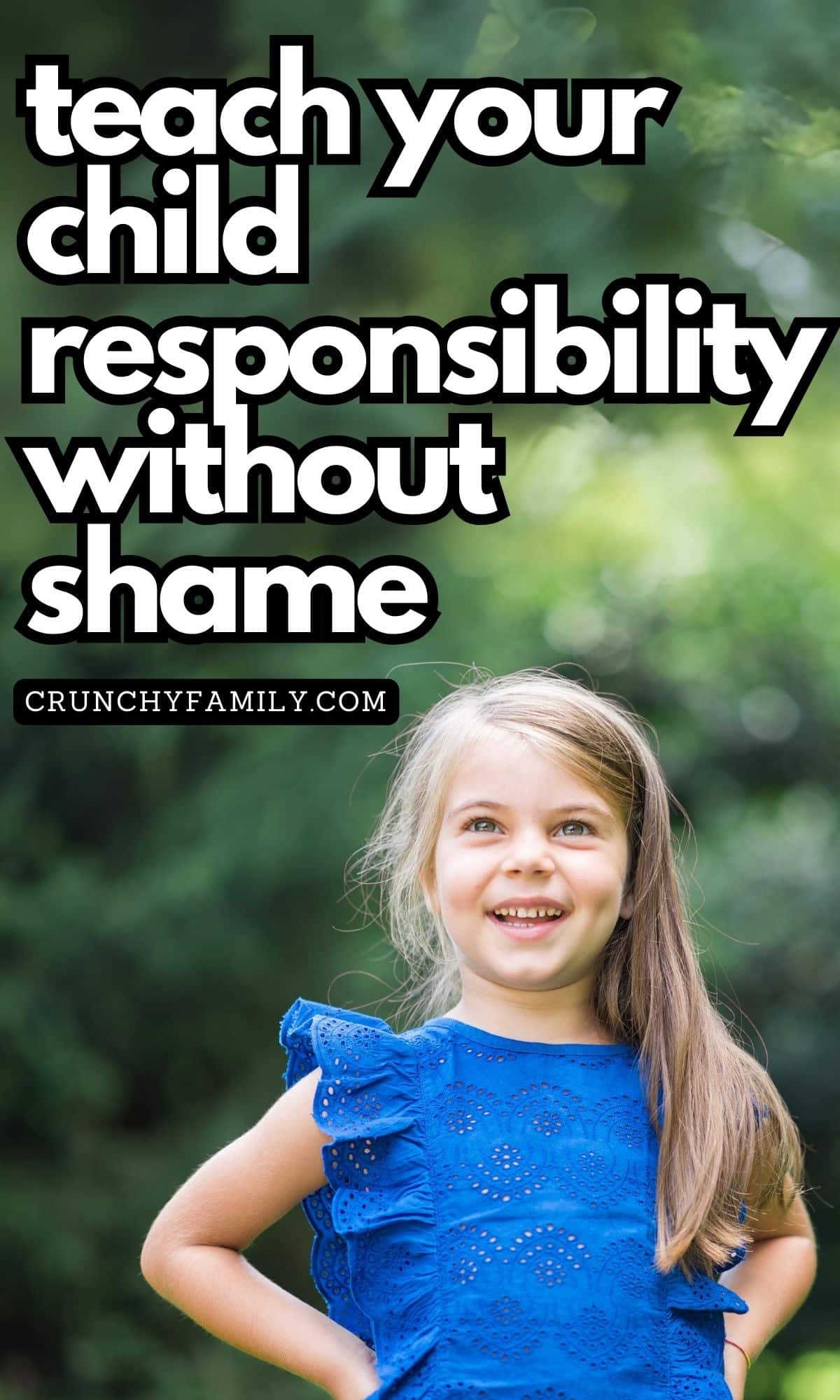
Understanding Responsibility
Responsibility comes in different forms, and it’s important to help our kids understand both personal and social responsibility.
Personal responsibility involves taking care of their own actions, chores, and commitments. Social responsibility, on the other hand, is about understanding their role in the community and how their actions affect others.
By teaching both, we help them become well-rounded, accountable people.
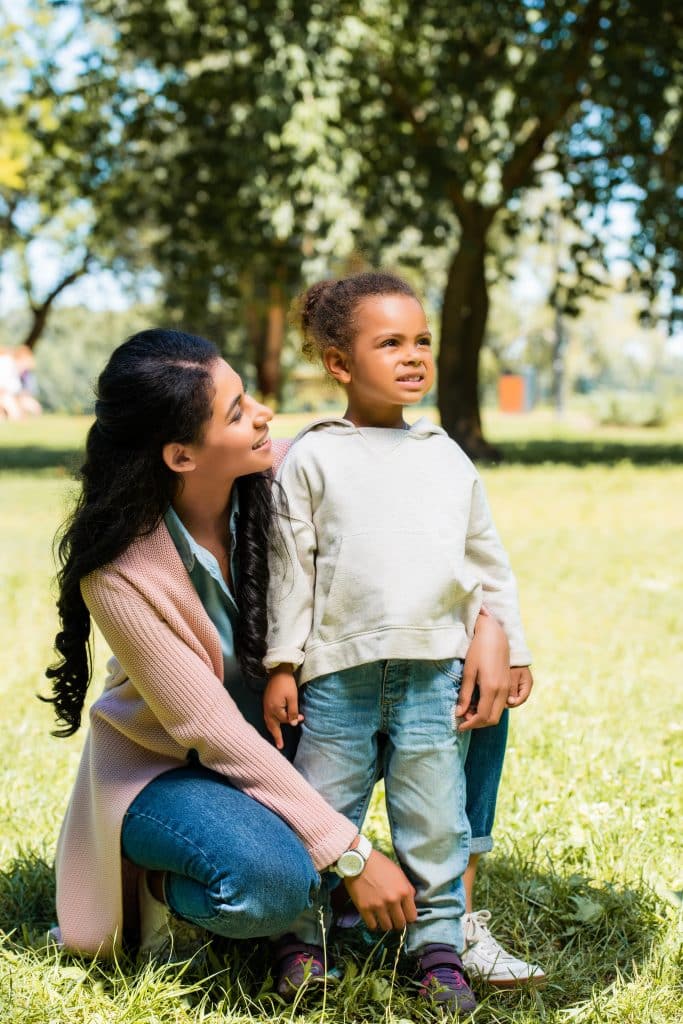
Effects of Shame
Shame is a powerful and harmful emotion. According to Brene Brown, there are no positives to shame. It can increase anxiety, create a fear of failure, and even lead to self-sabotage.
When kids feel shame, they are less likely to take responsibility for their actions because they’re too busy dealing with feelings of guilt and inadequacy. Instead of learning from their mistakes, they might start avoiding situations where they could fail.
How to Teach Responsibility Without Shame
Teaching your child responsibility without shame is not just about what you do, but how you do it.
The goal is to guide them gently, without causing feelings of guilt or inadequacy. Here’s how you can nurture a sense of responsibility in your child in a positive and supportive way.
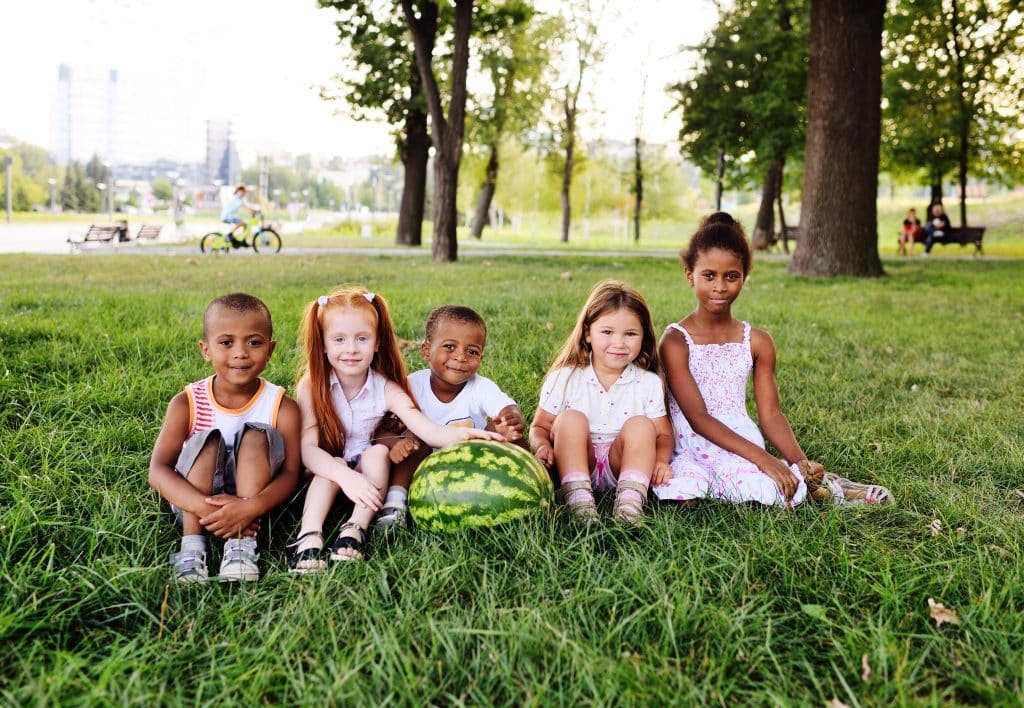
Celebrate Efforts More Than Outcomes
Praise your child for trying their best, not just for succeeding. This encourages them to keep trying and learning.
Recognizing effort over outcomes helps children understand that doing their best is what truly matters. It’s also a great way to build their confidence and motivation. When they see that their hard work is valued, they’re more likely to take on challenges and persist even when things get tough.
Additionally, celebrating efforts fosters a growth mindset. It teaches kids that mistakes are part of the learning process and that they can improve with practice and dedication. This mindset is essential for developing resilience and the ability to take responsibility for their actions without fear of failure.
Set Clear Expectations
Make sure your child knows what’s expected of them. Clear guidelines help them understand their responsibilities and how to meet them.
When expectations are communicated effectively, children are more likely to follow through and feel accountable for their actions. This clarity reduces confusion and helps them see the direct connection between their actions and the outcomes.
Setting clear expectations involves regular check-ins and adjustments. As your child grows and their capabilities change, so should your expectations.
This ongoing communication ensures that responsibilities are always appropriate for their age and development, helping them to manage tasks and take ownership of their roles in various aspects of life.
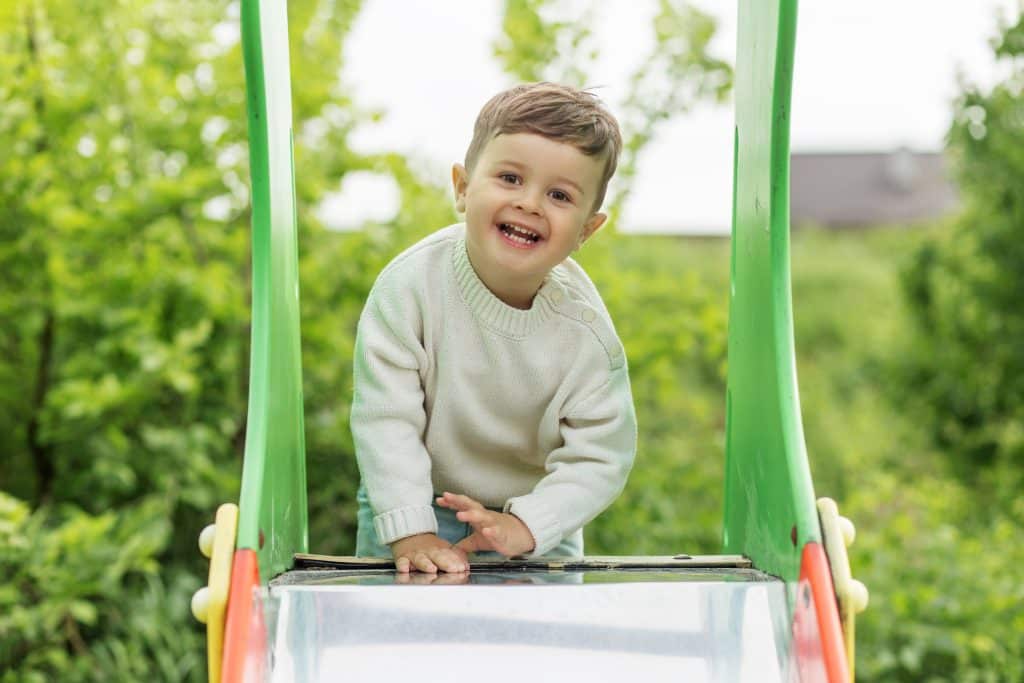
Be a Role Model
Kids learn a lot by watching us. If they see you being responsible, they’re more likely to be responsible themselves. Show them how you take responsibility for your actions.
Demonstrating accountability in your own life provides a powerful example. Whether it’s managing household chores, meeting work commitments, or apologizing when you make a mistake, your behavior sets the standard for your child.
Related: 10 Powerful Reasons Why Kids Need Role Models
In addition, being a role model means admitting your own mistakes and showing how to correct them. This transparency helps children understand that everyone makes errors, and what’s important is how we handle them. It reinforces that taking responsibility is a continuous process and part of being a responsible person.
There are no bad children, and it is down to use to set a good example and clear expectations. If you’re looking for more guidance on setting a positive example, “No Bad Kids: Toddler Discipline without Shame” by Janet Lansbury is a highly recommended read.
Use Consequences, Not Punishment
Punishment can lead to shame and humiliation. Instead, use consequences that teach the right way to do things.
This approach focuses on the behavior, not on making the child feel bad about themselves. Logical consequences are directly related to the child’s actions, helping them understand the impact of their choices without attaching guilt or blame.
Effective consequences are fair and consistent. They should be discussed in advance so the child knows what to expect. This predictability helps children feel secure and understand that the goal is to learn and grow, not to feel ashamed or embarrassed.
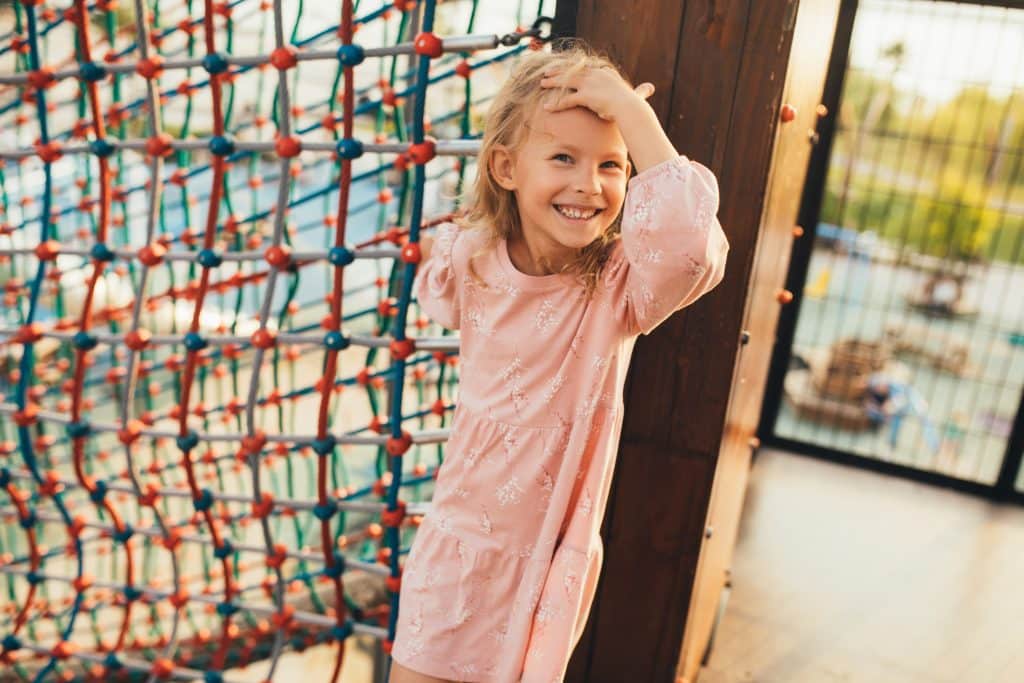
Logical consequences are more effective long term than punitive measures, as they avoid inducing shame.
Related: Does Gentle Discipline Work?
Teach Problem-Solving Skills
Help your child reflect on their experiences without judgment. Self-reflection is a skill they learn from us and it helps prevent entitlement.
Guide them to think about what they could do differently next time. Teaching problem-solving skills empowers children to handle challenges independently and responsibly.
Encourage your child to brainstorm solutions to problems they encounter. This collaborative approach not only builds their problem-solving abilities but also their confidence in making decisions.
By supporting them in thinking through different scenarios, you help them develop critical thinking skills that are essential for taking responsibility in various situations.
Open and Honest Communication
Creating a safe environment for open communication is crucial. It helps resolve conflicts without shame and allows your child to express themselves freely. Instead of trying to make them bend to your will, focus on communicating issues and working out solutions together. Remember, you can’t make anyone do anything, but you can guide and support them.
Fostering open dialogue means actively listening to your child’s concerns and opinions. Validate their feelings and encourage them to articulate their thoughts.
This practice not only strengthens your relationship but also models how healthy communication works in all relationships, teaching them the importance of expressing themselves and understanding others.
Both girls and boys embarrassed by their mistakes need a supportive environment where they can express their feelings without fear of ridicule or shame.
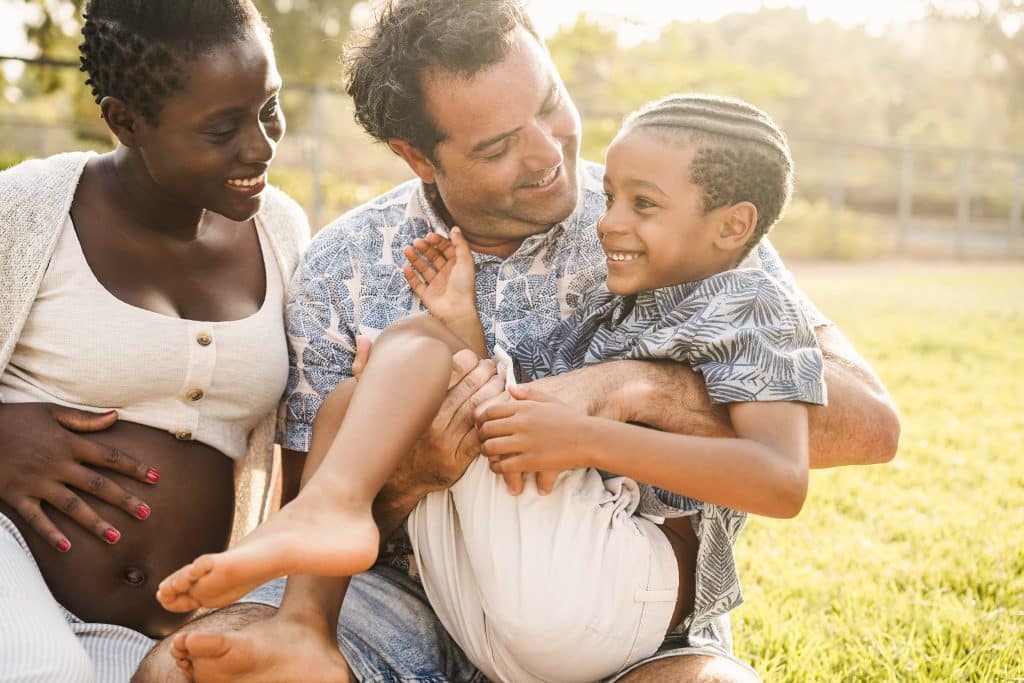
Use a Collaborative Approach
Involve your child in decision-making. When kids feel they have a say in their own lives, they develop autonomy and a sense of agency.
Teamwork and collaboration teach compromise and empathy, which are far more effective than control-based approaches. This also helps them see the value of working together as a team and understanding others.
When children are part of the decision-making process, they learn leadership and accountability. They understand that their opinions matter and that they have a role in shaping their own lives. This collaborative approach not only enhances their sense of responsibility but also prepares them to be effective leaders who can work well with others.
By focusing on these strategies, you can help your child learn to take responsibility in a supportive, shame-free environment. This approach not only builds their confidence and self-esteem but also equips them with the skills they need to navigate life’s challenges responsibly and empathetically.
Teaching responsibility without shame is essential for raising confident, capable kids. Shame can have long-lasting negative effects on a child’s self-esteem and their ability to take responsibility.
By celebrating efforts, setting clear expectations, being a role model, using consequences wisely, and maintaining open communication, we can help our children learn to take responsibility in a healthy, positive way.
Let’s commit to guiding our kids with empathy and understanding, helping them become the leaders and responsible people they’re meant to be.
In the end, it’s all about building strong relationships with our children and helping them learn from their mistakes without the burden of shame.
Together, we can create a nurturing environment where taking responsibility becomes a natural and positive part of life.
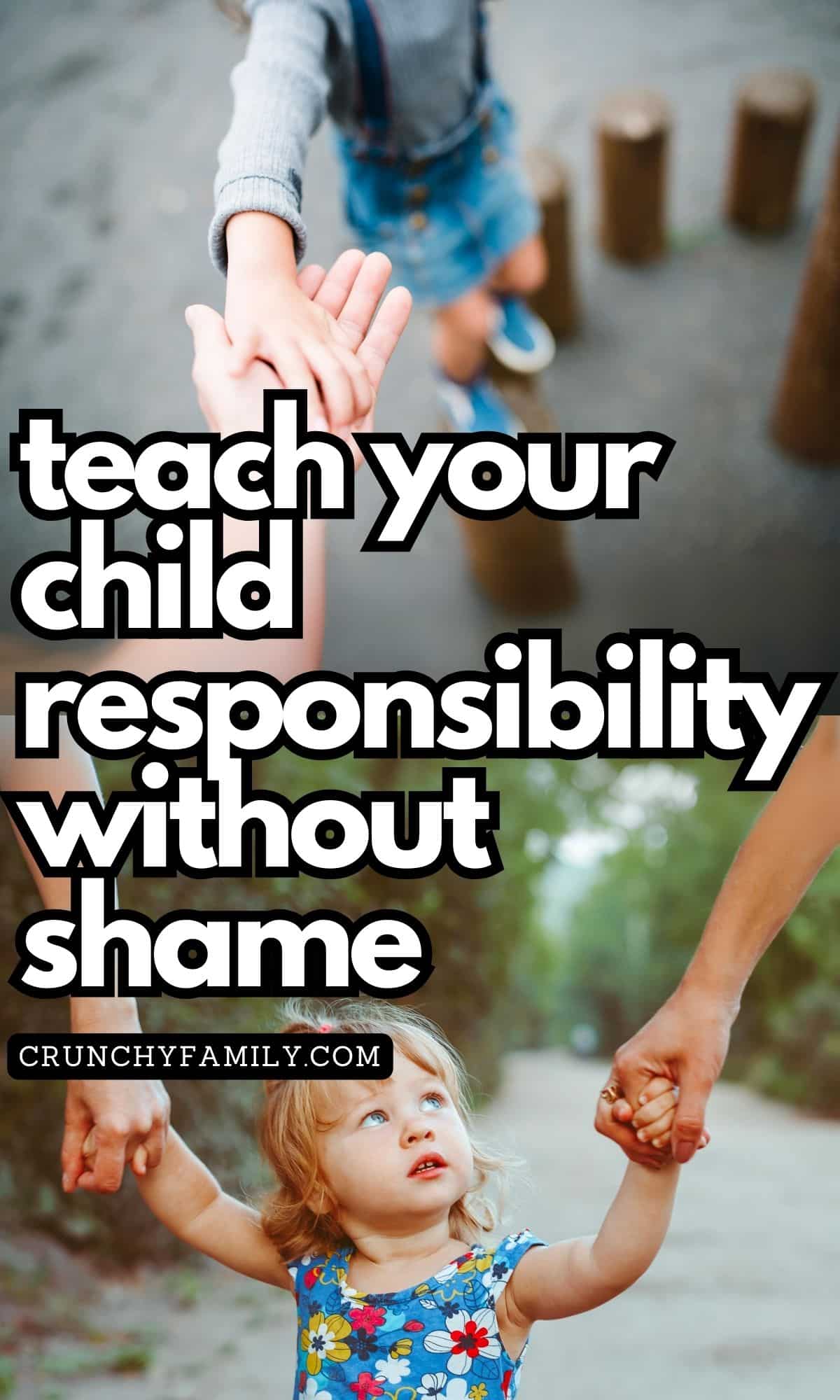
More Parenting Guidance and Advice
- Setting Boundaries in Gentle Parenting
- Common Gentle Parenting Myths
- 8 Alternative Names for Gentle Parenting
- 6 Gentle Parenting Alternatives to Time Out
- How To Deal With a Child Who Ignores You
- 11 Fun And Easy Breathing Exercises for Children
- Effective Emotional Regulation Games for Young Kids
If you found this blog post helpful, please share it with other parents who might benefit from these insights. Spread the word on social media to help more families learn how to teach responsibility without shame.
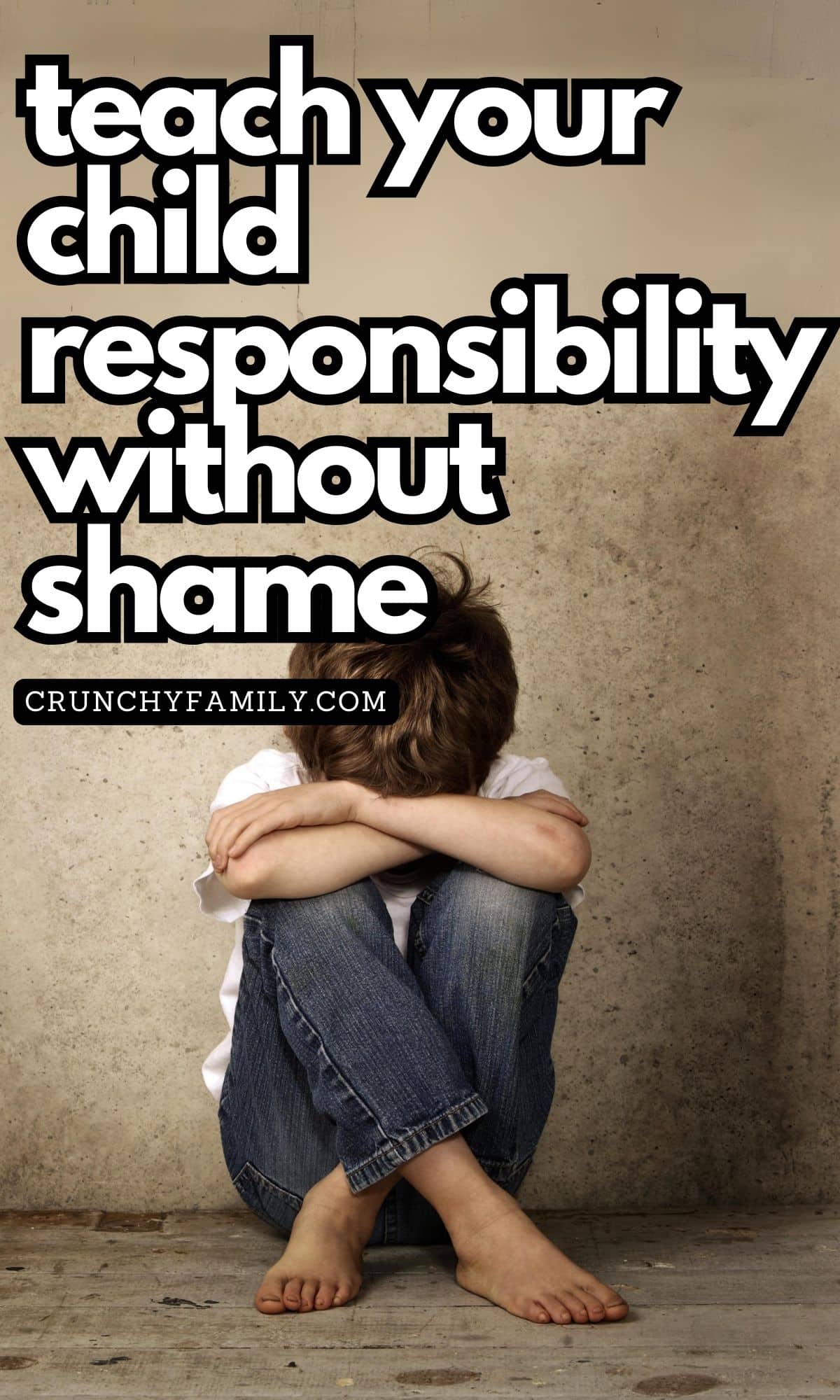
1 thought on “How to Teach Your Child Responsibility Without Shame”